People Who Are Happy Because of the Gospel (Colossians 4:7–14) 8/31/2025
People Who Are Happy Because of the Gospel (Colossians 4:7–14) 8/31/2025
What is happiness? Most people think it means living a more comfortable and leisurely life. They believe that if they work hard and gain more income, that leisure will come. Then they think they’ll be able to do what they want with their family and in old age (first instinct).
Some, who live on a higher level, think happiness means living a more valuable life. They focus on realizing their worth and the meaning of their existence. They focus on the desire to fulfill their dreams and visions (second instinct).
But what is happiness for a person of God? There must be this standard. It is focusing on whether I am used by the God who saved me and prepared my eternal future, and whether I can live to glorify Him, and enjoying the happiness that comes from that (third instinct).
This is the happiness God gave when He created humanity. He created us in His image (Genesis 1:27), as spiritual beings (Genesis 2:7). As a result, came the 5 blessings of Genesis 1:28. The first three are: (1) “be fruitful” (to see fruit and income fitting to our labor), (2) “multiply” (to raise posterity and increase all mankind), (3) “fill the earth” (to have the earth filled with God’s glory). The remaining two are mission and blessing: to subdue the earth and rule over it. “Subdue” does not mean destroy the world, but “manage and develop” it according to God’s will (cultivate). From this comes “God’s culture.” “Rule” means living as one who governs, not as one dragged around by the world and its things. From the beginning, humans were created to rule the world and creation. But Adam and Eve lost all of this in Genesis 3 through their fall (that is the curse of Genesis 3, and it continues even now).
1. The mystery God gave to us to recover this blessing is Christ (the gospel, salvation).
1) God sent His Son as the Christ (Colossians 1). In Him we received redemption and were transferred into the kingdom of God’s Son (Colossians 1:13–14). Our status and belonging under sin, curse, and the dominion of darkness were changed and restored (Romans 8:15–17 “heirs”).
2) In Him, God put all things. That is why He is called God’s mystery and treasure (Colossians 2). Whoever receives Christ, the Holy Spirit dwells in them, giving His life, authority, and power. When we face problems in the world, He promised wisdom and knowledge to overcome and to discover His blessings in them (1 Corinthians 2:10–12).
3) He accomplished all salvation on this earth (John 19:30) and ascended to the heavenly throne (Colossians 3). There He intercedes for us (Romans 8:26, 8:34) and prepares a new heaven and new earth (Rev 22:5). Until then, we are to seek and save those to be saved, heal them, raise them as disciples, and relay it to the next generation. The Lord of the throne works with us in this (Mark 16:19–20) and promised to be with us until the end of the age (Matthew 28:20).
4) We are to enjoy this blessing through prayer (Colossians 4). Be devoted to prayer, be watchful in it with thanksgiving (Colossians 4:2–4).
① Then the door for evangelism will open, and we can boldly proclaim the mystery of Christ (world evangelization begins with prayer). Since He has gone to the throne, we can now pray in His name, do His work, and can do even greater works (John 14:12).
② By this power of prayer, all weakness, wounds, conflicts, and crises can be turned into blessings (Mark 9:29). God promised to set watchmen over our prayers and work without rest (Isaiah 62:6–8).
2. Today’s passage shows models of people who enjoyed this blessing and lived happily. They became those who enjoyed God’s blessing, were used by Him, and are remembered by Him (written in Scripture for this reason). They revived the churches in their regions, helped Paul, the evangelist of their age, and participated in world evangelization. Many names appear in the passage, but their characteristics can be summarized in three ways.
1) They were called beloved brothers (Tychicus in v.7, Onesimus in v.9).
① One of the emotions that makes us feel happiness is feeling that “I am loved by someone” and “I love someone.” Those who have been loved and have tasted happiness in love can also go and love others.
② The important question is where does that love begin from? Love between family and friends is important (“philia”). Love between man and woman is important (“eros”). But the root of love begins in the relationship with God, the love enjoyed there (Hebrew “hesed,” Greek “agape”). This is the love given at creation (Isaiah 43:1–4), it was revealed through Christ (Romans 5:8), and still continues today (Romans 8:38–39).
③ Those who long for and experience this love of God can truly love others and continue living as those who are loved. Because the God of love is in me, His love holds me (2 Corinthians 5:14). The more we enjoy Christ’s love and love Him, the more He reveals greater love (John 14:21). Those who love God will also receive people’s love and honor (Luke 2:52, Matthew 10:32).
2) They were those who labored together with the Lord’s servants.
Tychicus, “a fellow servant in the Lord” (v.7), Justus, “a fellow worker for the kingdom of God” (v.11). Epaphras, who labored for the believers in Colossae, Laodicea, and Hierapolis (v.11)
① Every labor I devote to Christ leaves within me the footprints (marks) of Christ (Galatians 6:17). People may not acknowledge that labor. Instead, they may misunderstand or even persecute. But before God, and before the throne of Christ, that labor becomes a more glorious mark.
② None of the labor of the saints on this earth is in vain (1 Corinthians 15:57). We will reap what we sow (Galatians 6:9). So we are told not to store up on earth, but in heaven. To do it in secret and wait for the heavenly reward (Matthew 6:2, 6:4).
3) Their final goal and conclusion was to save people and the world. This is God’s goal and conclusion (John 3:16; 1 Timothy 2:4; Matthew 24:14; Acts 1:8).
① In this passage, “Luke, the beloved physician” is mentioned (14). He was loved by God and people, and as a physician, truly healed and saved people (author of Luke and Acts). May such medical workers and healing ministers continue to rise(Medical Missionary).
② In verse 15, Paul greets and blesses “Nympha and the church in her house” (15).
This was a happy woman’s home. Her house was used by God (mission home, local church, healing center).
Conclusion – Blessed are those who, in Christ, enjoy love and happiness with God, are used by Him, glorify Him, save others and bring them happiness. These are the people who are happy because of the gospel.
8.31.25 People Who Are Happy Because of the Gospel
Aug_31_2025_Pulpit_Meditation_Forum_Questions

